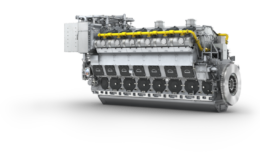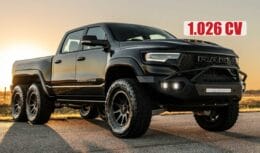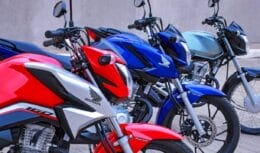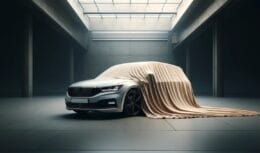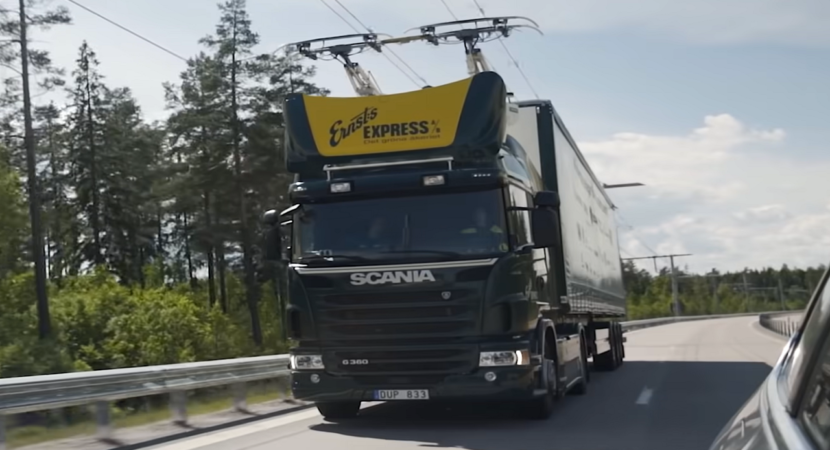
JAC Motors and Volkswagen launched their electric trucks, but with an autonomy that covers only short distances. Thinking ahead, the UK intends to use a system of electric highways that recharge trucks while they are running, similar to São Paulo
In the UK, some brands have already started to set dates to end production of combustion cars and are putting plans into practice to be 100% electric. However, heavy vehicles, such as trucks, are also receiving this new technology, as shown by Volkswagen and JAC with their electric trucks, but at a slower pace.
Read other related news
Understand how electric trucks can have greater autonomy
In Brazil, Volkswagen and JAC have already started their work and presented the e-Delivery and iEV1200T trucks. Both models are viable due to the proposal to provide services in urban centers and manage to reach daily distances, even with a reduced battery bank.
However, if the battery and autonomy are two factors that generate headaches for automakers such as Volkswagen and JAC in small electric trucks, specialists question how these same tests will be carried out in heavy trucks, since they need to face greater distances. To make the proposal for more efficient trucks viable, the UK is piloting the e-Highway, a concept that had already been tried out on Swedish highways.
In the UK project, the e-Highway will have poles spread over 20 km of the M180 motorway, which is close to the English city of Scunthorpe, with power cables suspended to touch the points placed on the roof of the trucks and recharge their batteries.
To better understand the UK project, the technology is almost the same as that used in São Paulo trolleybuses, buses and more modern energy-powered trains. During the tests, Scania trucks will be used, equipped with electrical systems produced by Siemens.
Electric highways receive investments of R$ 14,4 million
The initial investment for the tests is 2 million pounds, almost R$ 14,5 million. If the UK understands that the system is viable, the installations will be implemented on all motorways by the year 2030 at a cost of 19 billion euros.
Despite being a high amount, the government believes that such investment will be recovered in up to 15 years with taxes on the electricity consumed. The technology is expected to make the delivery process faster, as the trucks will not need to take breaks to refuel. In addition to the UK, Germany, Sweden and the US have already tested the system.
JAC and Volkswagen electric trucks promise to revolutionize the delivery market
The truck eDelivery, from Volkswagen, has two versions, with 11 and 14 tons of gross weight, both with an engine that delivers a power of 300 kW with a maximum torque of 2.150. The batteries of the Volkswagen vehicle are 600 V which give a range of 250 km.
The JAC Motors model has a total weight of 7,5 tons and its engine delivers a power of 177 horsepower and a torque of 122,4 kgfm. Its 97 kWh lithium iron battery gives the iEV1200T a range of 200 km.

